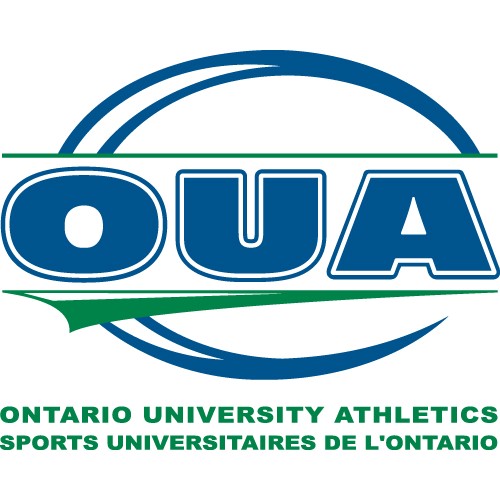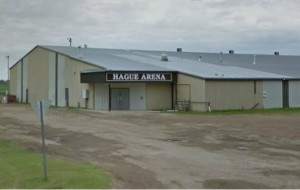I’ve been a USA Hockey official since I was 15. When I started officiating in 2000, I took it was a simple way to make some money while staying in shape. I’ve officiated countless numbers of games at many levels over my career and I’ve had the opportunity to work alongside and for many quality men and women. We may expect booing, verbal abuse from a coach, player, or parent in the bleachers and the occasional laugh when we fall or get hit by the puck. It’s human nature and part of a job where no matter how good of a job you do, someone will think you were horrible.

One thing we don’t expect to endure is being the victim of assault at the hands of a player. And that’s what one linesman had to endure at a collegiate hockey game in Canada last month. This week Nipissing University defenseman Brett Cook was handed a lifetime ban from playing hockey at any Ontario University Athletics sanctioned university for punching referee Nicholas Piche during an on-ice brawl. In the February 23 playoff game against UQTR, a fight broke out between Cook and another player when Piche broke up the fight Cook was involved in and was directing him to the penalty box when another scrum broke out on the other side of the ice. Cook then tried to break free to join the new scrum when he landed a punch that sent Piche to the ice.
Cook was very apologetic, in an OUA statement he said “What I did was wrong, plain and simple. My actions were unacceptable, and I take full responsibility. My teammates, coaches and I are thankful that Mr. Piche was not hurt. I am deeply sorry for my actions, for embarrassing my university, the OUA, the CIS and the dignity of the game of hockey, and I fully accept the sanctions determined by the OUA.”
Cook is no stranger to having his teammates watch him play. The 21-year-old rookie had a role in the Ontario Hockey League as the typical soon as in his five-year career between Erie and London seen him score just 19 goals and 47 assists to go with 344 penalty minutes. Many former CHL players who are ineligible to play collegiate in the NCAA, play collegiate hockey in Canada in an attempt to gain an education as their CHL teams provide financial assistance once their junior careers are over.
Cook had four years of eligibility remaining. It is unknown if he will seek a transfer to play at another CIS school or if other CIS conferences will honor the ban handed down by OUA. It does appear that Cook will remain at Nipissing and that the university supports the decision handed by OUA and will support Cook while he’s at the school. “Nipissing University takes this incident very seriously and we respect the league’s decision. We have also completed an internal review of the event under our Athlete Code of Conduct. We will be working to support Brett both inside and outside the classroom and are committed to helping him to realize his academic and personal goals,” said Vito Castiglione, Athletics Director at Nipissing University.
While I have never been punched by a player when attempting to break up a fight, it is one of the most dangerous things we do on the ice. If there is a four-official system (like seen in the NCAA and NHL), the two linesmen are responsible for breaking up any fight while the referees record numbers of the involved players to assess proper penalties And when the linesman is rushing into the brawl anything can happen, which is why you see the linesman wait until the players are on the ice or tired from beating their brains out before entering from the middle instead of from behind. If he were to enter from behind, the player involved in the fight doesn’t know who is behind him and the player can easily throw an elbow or quickly turn around and throw a punch before realizing who was behind him. I was in an outrage when I read some comments by people who read the stories posted at the Toronto Sun and WXYT-FM radio in Detroit. One reader felt that it was the fault of the official to get in his way when he tried to join the other fight. I believe that playing hockey is a privilege and not a right. And when you cross the line and put your hands of a referee you don’t deserve to step on the ice. If Piche would have let him go join the other fight, it’s likely Piche would have been liable and at fault if Cook injured a player or himself for not immediately taking him to the penalty box.
Next time you play in your hockey league and have to resort to fighting someone, just remember that there are legal ramifications if you injure the other player or referee who has to break up the fight. Most adult recreational players I talk to are there to play hockey and don’t want to fight. Most have jobs they have to go to the next morning, wives or children they have to see when they get home, and many lack the necessary medical insurance necessary to cover hospital bills.
Footage of the incident. Cook and Piche can be seen at the top near the benches.


